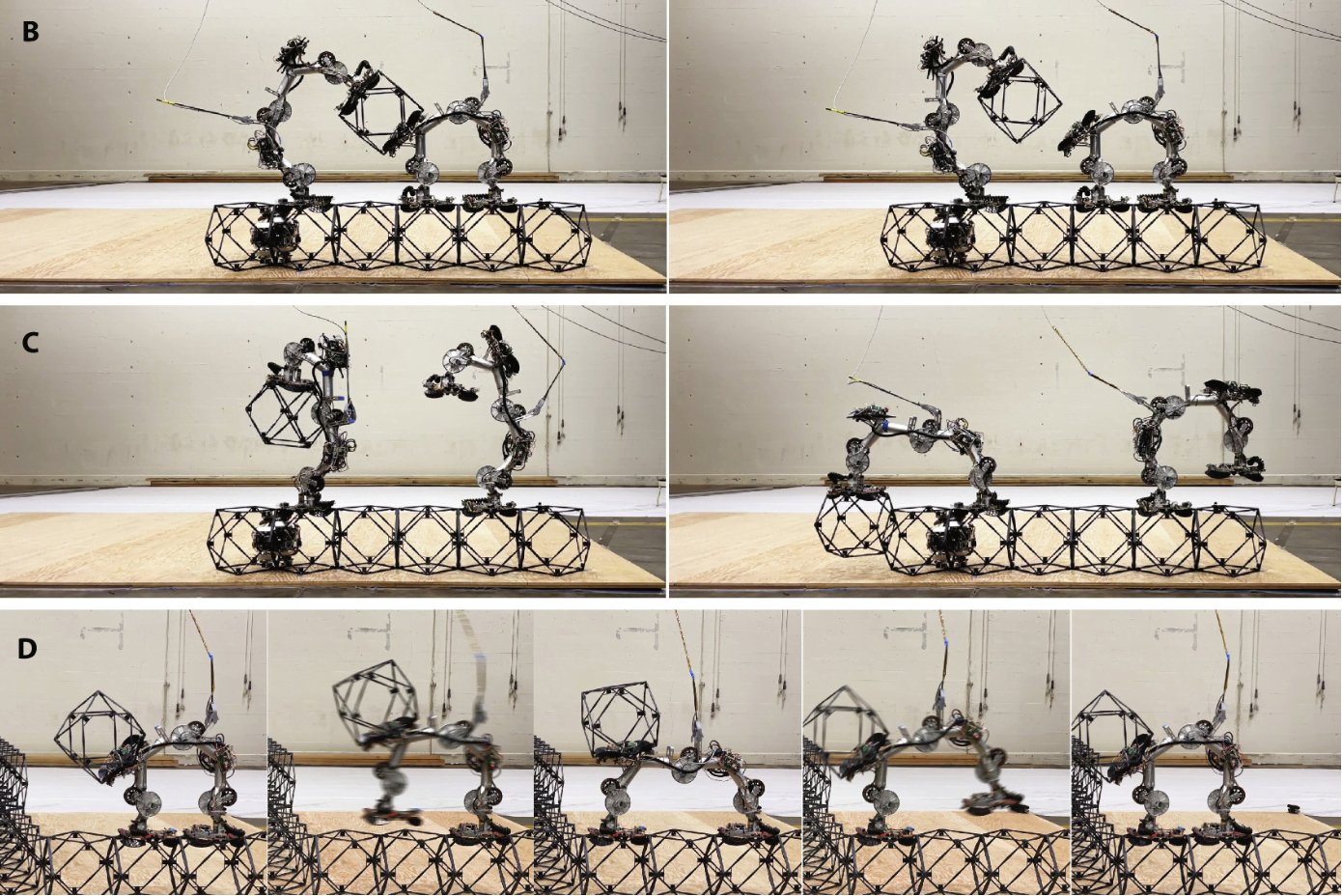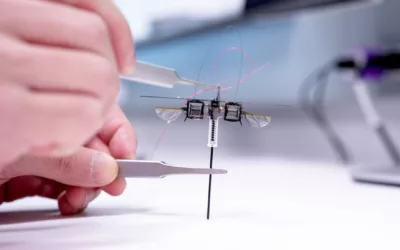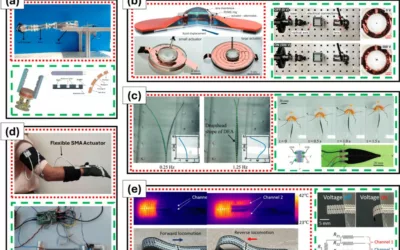A study published by ScienceRobotics, presented a novel implementation of versatile programmable materials in the form of a robotic structural system. Designed to match the mechanical performance and scale of traditional high-performance materials and truss systems, the approach utilizes fiber-reinforced composite truss-like building blocks to create robust lattice structures with remarkable strength, stiffness, and lightweight properties.
Two types of mobile robots navigate both the exterior and interior of the system, facilitating transport, placement, and reversible fastening through intrinsic lattice periodicity for precise indexing and metrology. Employing programmable matter algorithms for scalability in size and complexity, the system enables collective automated assembly and reconfiguration of large structures using straightforward robots.
The study detailed the system design and presented experimental results from a demonstration involving 256 unit cells, including lattice mechanical testing, disassembly, and reconfiguration. The resulting structural lattice material exhibits an ultralight mass density of 0.0103 grams per cubic centimeter, coupled with high strength (11.38 kilopascals) and stiffness (1.1129 megapascals) for its weight. This exceptional material performance, akin to space structures, showcases the potential of self-reconfiguring autonomous metamaterials for a wide range of applications.








